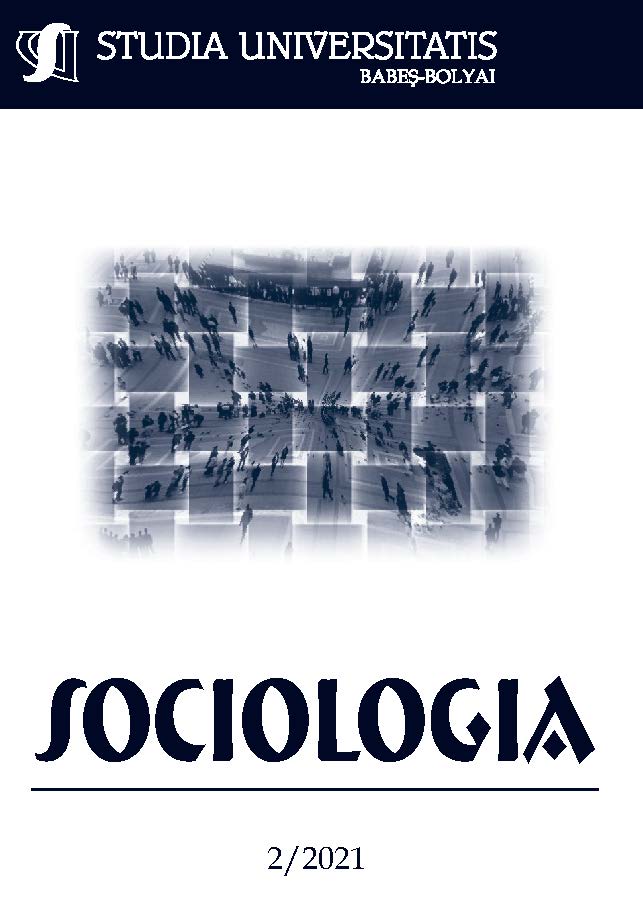SEMANTIC AMBIGUITIES AND CLASSIFICATION STRUGGLES IN THE POST-SOCIALIST INFORMAL MEDICAL ECONOMY
SEMANTIC AMBIGUITIES AND CLASSIFICATION STRUGGLES IN THE POST-SOCIALIST INFORMAL MEDICAL ECONOMY
Author(s): Cristine PalagaSubject(s): Cultural Anthropology / Ethnology, Social Theory, Health and medicine and law, Sociology of Culture
Published by: Studia Universitatis Babes-Bolyai
Keywords: informal payments; gift vs. commodity; medical systems; power relations; formalising common-sense on informality; symbolic power; strategic narratives;
Summary/Abstract: In this paper I will engage in a process of highlighting the way in which liberal and, later, neoliberal political agendas regulate and establish formal semantic registers in the field of medical informal economy within the Romanian public healthcare system. How accurate is the legalistic approach, which classifies any extra-payment as a bribe? Despite the questionable legal status, the voluntary informal economy acquires the role of establishing bridges at human level between doctor and patient. Far from pleading to accept the conditioning of the medical act by an additional payment from patients or their family members, facts that obviously fall within the scope of illegality, I claim that the labels of “corruption”, “bribe”, “informal payment” cannot be correctly applied to the whole phenomenon of informal exchanges. Moreover, the gifts offered as a form of gratitude or to tame the “medical gaze” even have a role of social link between doctor and patient, helping to bind an unwritten human contract between the two who, in fact, are victims of the same system and its political decision-makers.
Journal: Studia Universitatis Babes-Bolyai - Sociologia
- Issue Year: 66/2021
- Issue No: 2
- Page Range: 67-96
- Page Count: 30
- Language: English

